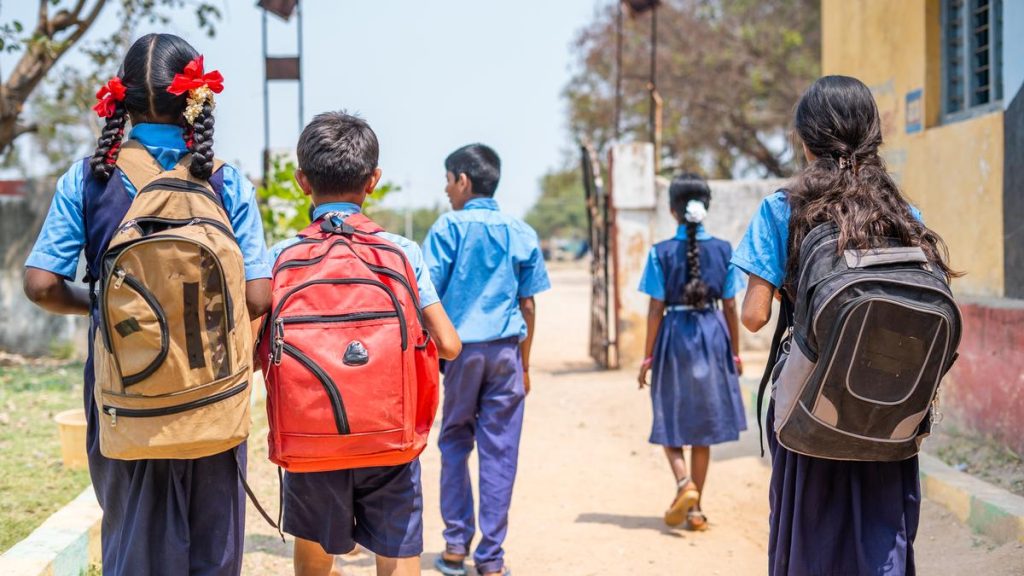Now Reading: M.P. High Court Seeks Answers in Minor’s Death Tied to Jain Ritual
-
01
M.P. High Court Seeks Answers in Minor’s Death Tied to Jain Ritual
M.P. High Court Seeks Answers in Minor’s Death Tied to Jain Ritual
Speedy Summary:
- The Madhya Pradesh High Court issued notices too the Union Government, Madhya Pradesh State authorities, NHRC, and an Indore-based couple regarding the reported death of a 3-year-old girl allegedly undertaking the Jain ritual of Santhara (vow of fasting unto death).
- A public interest litigation filed by social worker Pranshu Jain seeks a ban on Santhara for minors and persons with mental illness. The petition also calls for penal action against individuals facilitating this practice for minors.
- Advocate Shubham Sharma stated that an interim ban on Santhara for minors had been requested but awaits consideration after responses from the involved parties.
- Notices were directed at multiple state officials (e.g., Police Commissioner, District Collector), alongside parents Piyush Jain and Varsha Jain, and will be returnable within four weeks after process fee payment.
- Allegedly advised by Jain monk Rajesh muni Maharaj while undergoing treatment for a brain tumor, Viyana Jain died after taking the Santhara vow on March 21. Her parents reportedly received recognition from “Golden Book of World records” declaring her as “youngest to vow the Jain ritual Santhara.”
!1200/67441720251340162DSC_7575COPY.JPG”>Jain Saint Photo
Read more: The Hindu – Death of 3-Year Old Girl Case
Indian Opinion Analysis:
The ongoing legal proceedings concerning the alleged involvement of minors in religious rituals like Santhara touch upon critical issues of human rights versus cultural norms. While some argue that such practices could have profound spiritual importance within specific communities like Jains, their request to vulnerable groups-such as children or persons with psychological illnesses-raises ethical and legal questions.
Given India’s constitutional commitment to uphold individual dignity under Article 21 (Right to Life), permitting potentially coercive or harmful actions in cases where consent may inherently be compromised invites scrutiny about safeguarding vulnerable populations from exploitation under religious contexts.
The court’s move is likely aimed at balancing cultural practices against evolving standards of child protection laws. Should broader regulations emerge against practices involving minors in this manner, it could establish significant jurisprudence reinforcing protections over tradition-driven vulnerabilities across religions-not limited exclusively to Santhara.

























